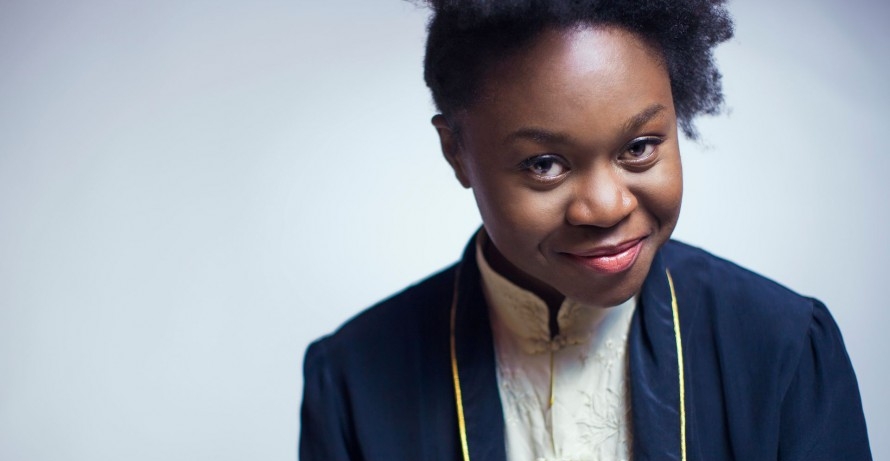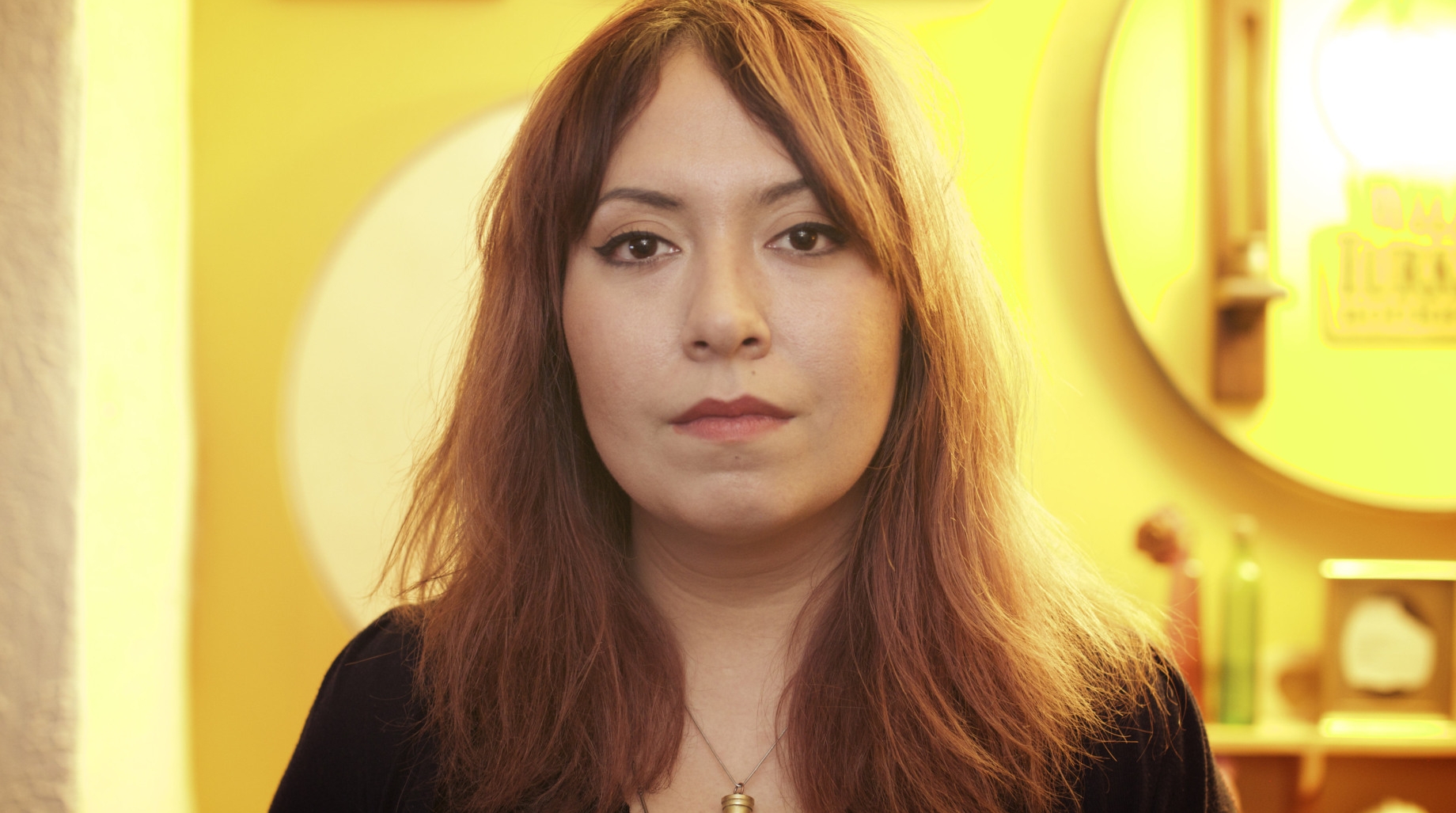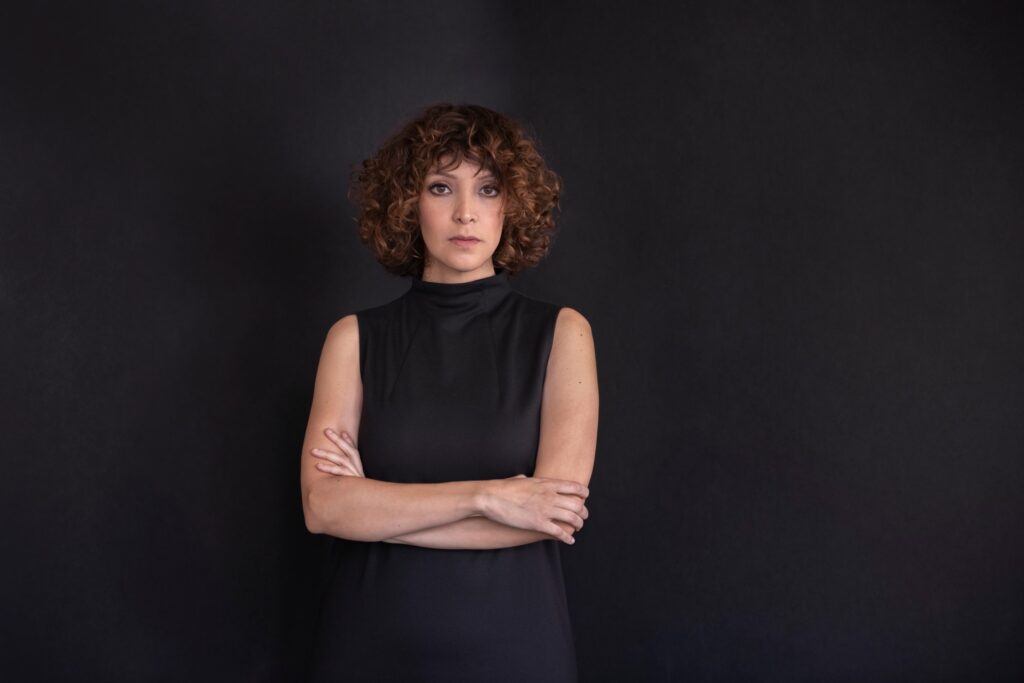WOW is an international movement, birthed in London in 2011, and since spreading across five continents to celebrate women’s achievements and discuss the challenges remaining.
Closing WOW 2017’s program on Saturday March 25 is Women of the World Make Noise, a free concert that celebrates diversity by showcasing local and global female musicians who drive social change through their music. We caught up with Lydia Fairhall, the Head of Programming at FCAC, to unpack the meaning and motivation behind WOW and its final concert.
“Women of the World Make Noise has always been an important part of the vision for WOW Melbourne,” Fairhall says. “It’s a chance for us to dance and celebrate with some incredible artists on the banks of the river.”
WOW aims to be a festival that is reflective of the community it is situated within. Given the spread of potential artists, selecting a lineup that best represents the community is a demanding task. Fairhall has not taken this on alone, also involving FCAC’s Creative Producer Georgie Sedgewick along with the rest of FCAC’s programming team.
“A lot of consultation goes into the process,” says Fairhall. “We want to make sure our Indigenous Advisory Group has input, but the driving curatorial force is that we are working with artists who are pushing social change with their music – whether it’s the West Papuan movement threaded through everything that Black Sistaz do, or artists like Sampa the Great and Electric Fields who are holding strong in a very male dominated, heteronormative music scene.”
While WOW Melbourne is a ticketed festival, there are a range of free events peppered into the mix, including the Women of the World Make Noise concert. “It was a conscious decision,” Fairhall says of the decision to include free events. “FCAC is about creating access and amplifying voices, and music is a key part of this as women/non-binary people. If we are truly going to have a genuine conversation about gender equality it needs to be accessible.”
WOW is pitched as a space in which critical discussions about gender equality can be raised. While the festival’s promotion of diversity awareness is an important part of creating this space, that is not the sole goal of WOW.
“As a First Nations woman I am conscious of the growing narrative around a lack of diversity,” says Fairhall. “My hope is that, as a nation, we are beginning to truly understand the all-evading structure of whiteness and patriarchy, and how damaging and oppressive these structures are. For too long the focus has been on diversity awareness, when really this needs to shift so that we are committed to unpacking white privilege and giving up power.”
WOW is explicitly about taking back power that might otherwise be ceded to such all-evading structures. Women of the World Make Noise achieves this by providing a platform for marginalised voices. “We prioritise and amplify those voices in our programming,” Fairhall says. “Most of what we do here is centred on creating and making opportunities for voices that are underrepresented. We need to listen to these female artists, ask them how they want their music shared and help make that happen.”
At its heart, WOW is a movement of resistance against pervasive, powerful structures that enforce the marginalisation of groups such as women, the trans-gendered, and non-whites. WOW provides a space for criticism of these structures, but it also aims to empower rather than simply criticise.
Fairhall intends that Women of the World Make Noise act as “…an opportunity for the community to feel energised and empowered to take on the next waves of action needed to address gender inequality.
“All great moments of change and resistance involve laughter and dancing,” Fairhall says.
Accordingly, expect Women of the World Make Noise to be a celebration, leaving attendees feeling inspired and empowered.
By Sam Gaffney







